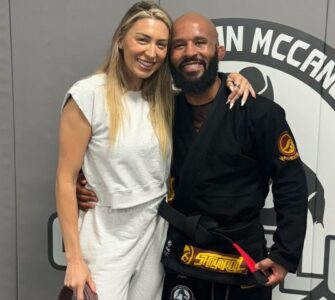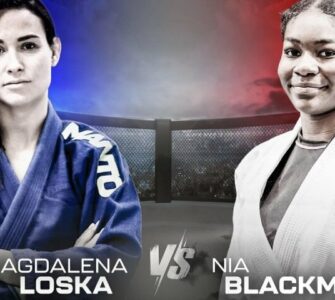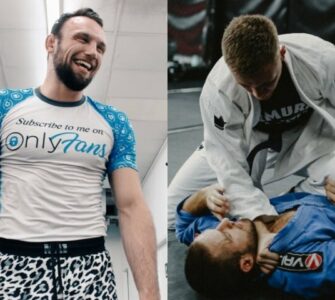It seems as though the zeitgeist is going through significant changes with the #metoo movement. Still there’s plenty to be said about the culture of society and the need for focus on self defense as well as overcoming traumas of days past.
This is what led Miya Stewart to pen a very interesting experience account called Learning Jiu-Jitsu as a Sexual Assault Survivor. In this intriguing article she details:
I wasn’t 100% sure what Jiu-Jitsu actually was and I definitely wasn’t prepared for how difficult it would be to learn it as a sexual assault survivor…but I’m so glad that I did it.
Of course learning the art of ground fighting didn’t come without challenges:
Jiu-Jitsu is a martial art that requires a lot of intimate physical contact, which can cause someone who has experienced sexual assault to feel uncomfortable/triggered. I found that, for me, the most difficult part was the ground fighting – both watching and participating. It was a different experience; dealing with trauma outside of your comfort zone is never ideal. I struggled a lot with separating reality from memory.
But jiu jitsu is a complex experience and regardless of your goals it has good days and bad days:
My best days were always extremely empowering. During one class, in particular, Robin taught us how to flip someone from on top of you, and guess what? I DID IT! Not only did I flip someone off of me, I flipped a MAN off of me! I can still remember the rush of adrenaline that I felt. I was so proud of myself and felt like I could conquer anything in the world. Being able to physically protect myself is an unfamiliar feeling. As a sexual assault survivor, I am constantly reminded of the moments I was unable to protect myself. Knowing that self-defense IS a possibility for me was an important thing I gained from this class…
But, when I did have bad days, it was difficult to participate in class. One example is a class where Robin taught us how to stop someone from choking you while on top of you. I’m sure you could imagine why this would be difficult for someone like me. I would feel myself mentally leaving the room and I would start having anxiety attacks. Trauma is hard to explain; it comes out of nowhere and completely takes over your body.
One interesting tidbit that might be helpful to Miya as well as others struggling from recovering from trauma is that BJJ is a viable treatment for Post Traumatic Stress Disorder:
Ksat also talked to a researcher on the case:
“There really are no good therapies out there right now,” said Alison Willing, Ph.D, a professor at the University of South Florida’s Center of Aging and Brain Repair in Tampa, Florida.
Willing said costly intense therapy and medication has a low success rate. This is why she’s studying the effects of Jiu Jitsu on PTSD.
Willing told Ivanhoe, “The effects of this first study were so dramatic. The PTSD scores on all of the valid scales were getting so much better to the point where you don’t usually see with traditional PTSD therapies.”
New Scientific Study Measuring Positive Influence Of Jiu-Jitsu on PTSD
You can read the entire account over at Learning Jiu-Jitsu as a Sexual Assault Survivor.


















